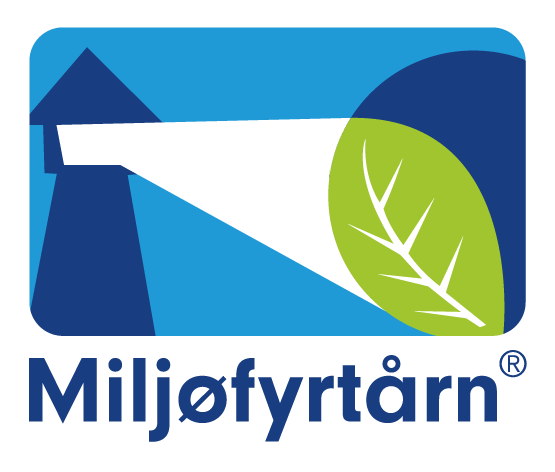"Building Health" - a science and innovation project
Linstow aims to develop neighborhoods that contribute to better health and improved quality of life. To succeed, we need more knowledge about what actually help creating better health. That is why we are working together with SINTEF on the research-and-innovation project, Building Health – health-promoting urban development.

The way a neighborhood is designed affects health, well-being, and social interaction. This gives us as real estate developer a responsibility to create places that help us stay healthy throughout. The main goal of Building Health is to help us develop concepts and work processes that can be used in our real estate projects moving forward.
Physical activity and social participation
The authorities highlight health-promoting places as a key to sustainable social development and as an important factor to meet the demographic challenges of the future. Nevertheless, there isn’t enough knowledge about how the development of health-promoting places work in practice. SINTEF and Linstow are now addressing this.
There are many elements that promote health. In Building Health, we are studying how we can contribute to increased physical activity and social participation where we live, work, spend our leisure time and where we commute. In addition, the project also looks at how we can develop buildings and places in a way that contributes to postponing the need for home- and healthcare services.
Developing new knowledge
Building Health has systematized existing knowledge in the field, and defined several key insights as a framework for what contributes to increased physical activity, social participation, and postponing care needs.
SINTEF is now working to develop new knowledge. They do this by, among other things, studying places that have been developed with clear intentions for integration and health promotion, to see if this is being realized through practice. The researchers have chosen to study the dementia village, Carpe Diem in Bærum municipality, and the cancer rehabilitation center, Center for kræft og sundhet, in Copenhagen, Denmark. The new knowledge developed here will be of great value for real estate and urban development moving forward.
Knowledge-based concepts
The Building Health project is already contributing knowledge and solutions to several of Linstow's ongoing development projects. Based on key insights that have already been mapped, Linstow will now create knowledge-based concepts that will be included in our project developments.
In addition, we work to develop our own work processes to ensure that health-promoting solutions are included as a natural part of the planning, development, management and use of buildings and neighborhoods. This will also include a new method for how Linstow collaborate with public stakeholders in the early phase of development projects.
In the long term, the results from Building Health will contribute to increased sustainability and better public health by creating local communities that facilitate for physical activity, social participation, and reduced need for health and care services. The project will also contribute to achieving UN Sustainable Development Goals 3, 11 and 17.
The project is funded by the Research Council of Norway under "Innovation in the Industrial Sector" (IPN), and it will be ongoing until April 2026.




